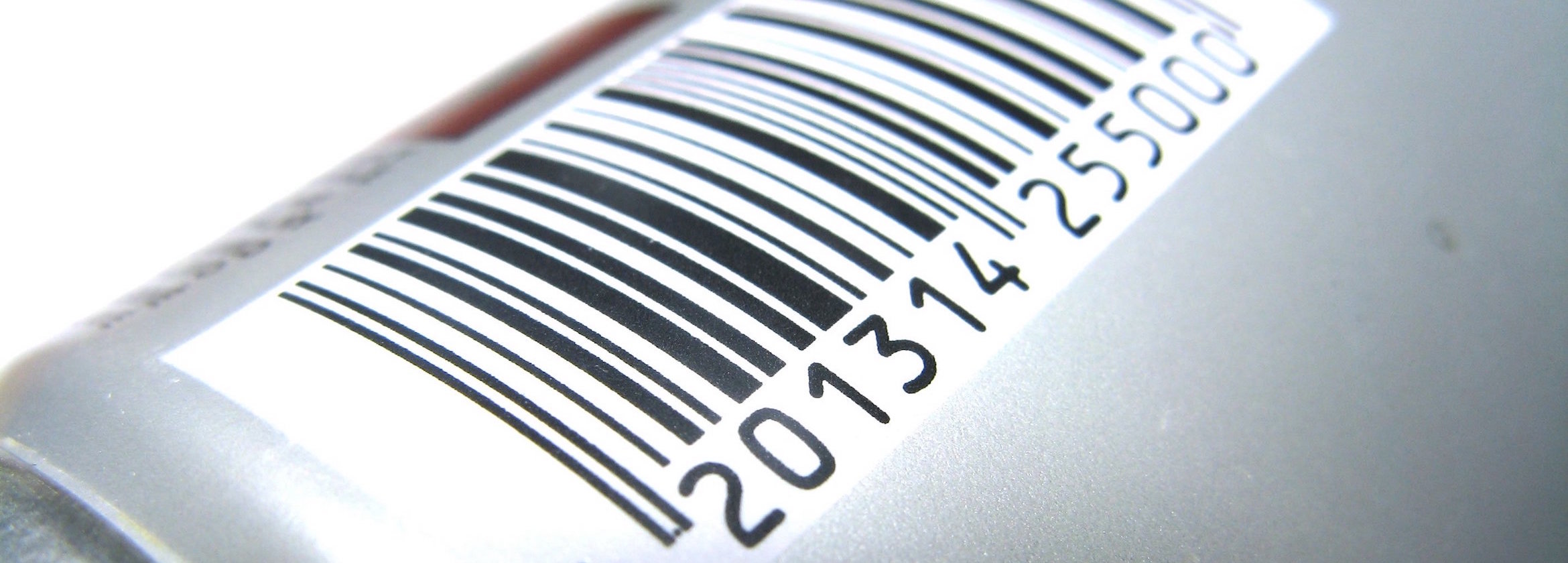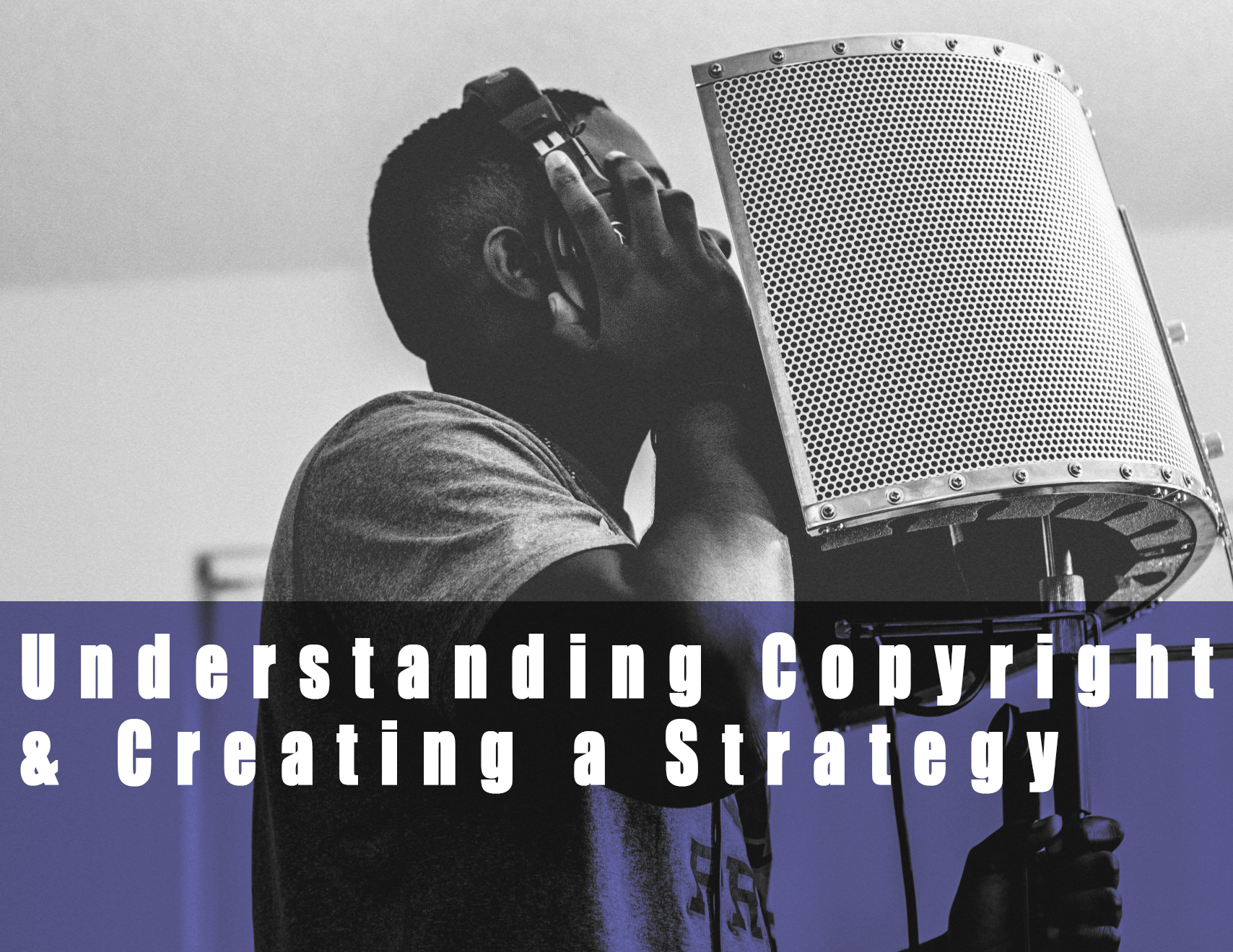The Dreaded Metadata
As a musician, the best part of what we do is creating music. However, if you want to be paid for creating, then you have to get into the boring stuff as well. Enter, the DREADED METADATA!
The word “metadata” sounds a little scary and mysterious, but really, it’s just information about data. It puts data in context.
When you release a piece of music, there is an abundance of information that travels across the web. This sounds technical, or for some of us, even a little nauseating. But when you think about it, it’s not that complicated. Metadata includes the following:
- Album Name
- Artist Name
- Song Name
- Copyright information
- ISRC
- UPC
- Writer
- Engineer/Producer
- Publisher
Metadata tells the story of what is going on with your music.
As you can tell by the list above, metadata goes hand in hand with your revenue. When a piece of your music is sold, streamed, or played on the radio, metadata helps guarantee appropriate compensation for the creative content you have worked so hard to make. It is an electronic link that attaches your information to the sales, streaming, and royalty figures of a given work.
In other words, accurate metadata helps you get paid.
In the recent past, lack of sufficient metadata worked against musicians. Take this example: In the 90’s, there was a band called Morphine. Their first album, “Good,” was released on Accurate Records, a label owned by Russ Gershon. ‘Good’ was released in 1992 and did great. In fact, it did so well that Rykodisc signed Morphine away from Accurate and re-released the same record in 1993.
Morphine’s compensation package gave them a big upfront from Rykodisc but a smaller percentage backend. Of course, over a song’s lifetime, that backend revenue is worth more than the upfront loan against royalties.
Both versions of the album continued to be played, but back then Radio Station Automation Systems didn’t have ISRC or even record label information as metadata. Consequently, when a song from ‘Good’ was played on the radio, it was usually assumed that the recording played was from the Rykodisc release.
Result? Less money for Morphine.
Morphine didn’t have a way to track their metadata. You do. And here are the reasons you want to: Metadata highlights discoverability, it ensures proper attribution, and it allows payment across a growing number of platforms.
-
- Mechanical Royalties [Requires SR/PA and Harry Fox. Paid by a publisher, label, Harry Fox, or digital aggregator]
-
- YouTube Partner Program [Requires: SR/PA and ContentID registration]
-
- Public Performance (PRO) Royalties [Paid to songwriter/composer/publisher by PRO — ASCAP/BMI/SESAC.]
-
- Streaming Mechanical Royalties [Requirement: PA and Harry Fox registration. Paid by publisher]
-
- Sales at Shows [Requirement: SR, ISRC, UPC]
-
- Digital Sales [Requirement: SR, ISRC, UPC]
-
- Interactive Service Payments [Requirement: Label or relationship with Aggregator]
-
- Digital Performance Royalties [Requires: SR/PA and SoundExchange registration]
-
- Retail Sales [Requirement: SR, ISRC, UPC]
-
- Publisher Advance [Requires PR and Harry Fox registration. Paid by Publisher.]
-
- Synch Licenses [Requirement: PA, ContentID, and publishing]
-
- Master Use Sync License [Requires: SR/PA and PRO registration]
-
- Sheet Music Sales [Requirement: PA and publishing]
-
- Record Label Advance [Requires: SR/PA, SoundExchange and PRO registration]
-
- Record Label Support [Requires: SR/PA, SoundExchange and PRO registration]
-
- Lyric Display [Requires: PA. Paid by Publisher]
-
- Ringtones Revenue [Requirement: PA and Harry Fox registration]
-
- Songwriter Awards Program [Requires: SR/PA and PRO registration]
-
- Publisher Settlement [Requires: SR/PA and PRO registration]
-
- AARC Royalties [Requirement: PA]
-
- Neighboring Rights Royalties [Requirement: PA and PRO registration]
-
- Film Musicians Secondary Market Fund [Requires: SR/PA and PRO registration]
-
- Sound Recording Special Payments Fund (AFM) [Requires: SR/PA and PRO registration]
-
- SAG-AFTRA Contingent Scale [Requires: SR/PA and PRO registration]
- Label Settlements [Requires: SR/PA and PRO registration. Paid by Labels]
Increase the chances of your music getting discovered and increase the chance of you getting the benefits from your creation!
Take the time to document song data, get your ISRCs, get a barcode, and register copyrights. Then submit various bits of data to your PRO, SoundExchange, SoundScan, Gracenote, and Rovi.
You’ll be ahead of the game!
Unsure of what some of that stuff up there means? Keep an eye out for the follow-up to this article detailing the whats and hows of metadata: Get Registered!!
written by Ray Archie & Solansh Moya



